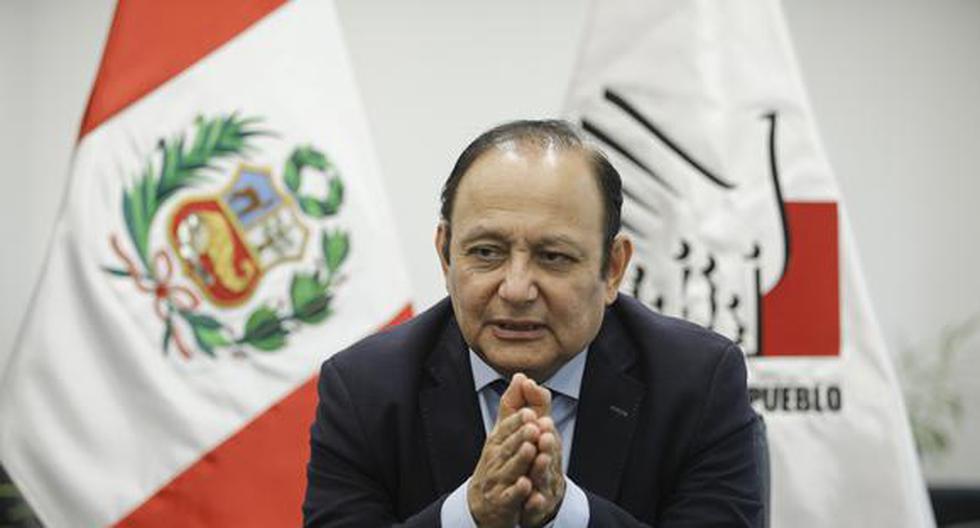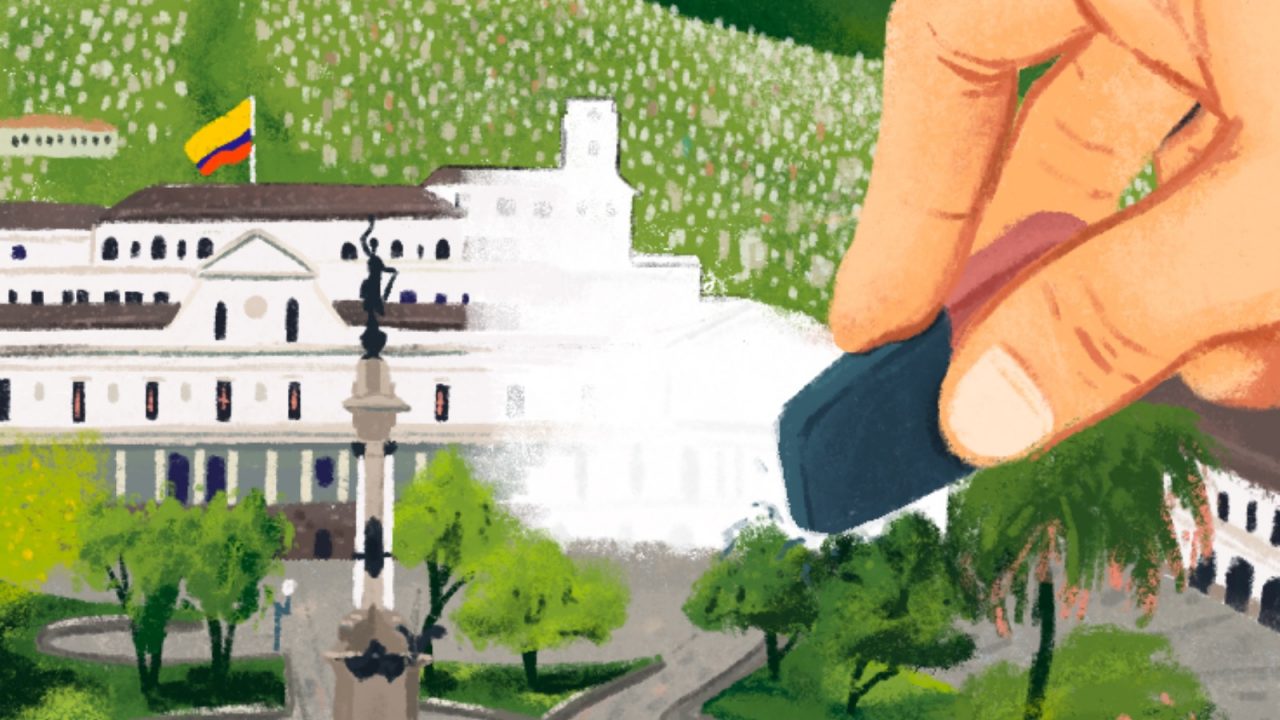I
to inaugurate a capitalism with a human face, so we could synthesize its ideology. Its members, individually, have been or are presidents of governments, heads of state, leaders of political parties, ministers, ambassadors, etc., figures whose opinions and decisions have weight in their countries and in the international context. Of recent creation, 2019, they have to their credit, awakening the phobia of the Latin American and Spanish extreme right. But this does not justify granting them carte blanche, or validating their argument, even less if its members include figures such as Lula da Silva, Evo Morales, Dilma Rousseff, José Mujica or Rafael Correa. They do not wash the face or clean the past of many of their members. Which is not contradictory to pointing out that his proposals elicit the approval of every well-born. It is impossible to deny his Christian humanism. It calls for more democracy, an active role for the State, tax reforms, fighting inequality, universal health or fighting global warming. It could be argued that in these times it is the only possible option. But that is the trap of progressivism. Of the bad, the less bad. And so it goes.
Meeting in Mexico City on the recent December 1, they have prepared a proposal under the heading: A solidarity development model, built on six axes, aims to: the overcoming of social inequality, the search for value, a new economic policy, ecological transition, integration as the construction of the region and a new democratic institutionality. This model based on a gender and differentiated approach that we propose as the road map of Latin American and Caribbean progressivism with a view to the definitive abandonment of the anachronistic neoliberal model. The latter with an extractivist vocation has left effects that are difficult to reverse on the environment, has meant alarming levels of concentration of wealth that make us the most unequal area on the planet and has atrophied redistribution circuits
.
We join the statement But how will such measures be implemented, who represent the forces of change and where are the resistance? In the entire document, there is no mention, even if only in passing, to the space-time in which the proposal is developed: capitalism. Nor is it alluded to the power of the transnationals, the military, financial and digital industrial complex, specifically imperialism. Will the language be inclusive? But how to fight neoliberalism without questioning the forms of capitalist exploitation? Some will say that it goes without saying, it goes without saying. The explanation is not enough, it must be made explicit, otherwise we would be faced with the dilemma: is it convenient to lie to the people? Then come the frustrations: where I said I say, I say Diego.
The progressivism of the Puebla Group ends up renovating capitalism. And it cannot be otherwise. If we look carefully at the name of some of its founders, until we complete the half hundred, certain unease and perplexity emerge. Their diversity could be a plus, but when both are at the opposite end, doubt opens its way. Among others, we find the Chilean José Miguel Insulza, former secretary general of the OAS, the same one who fought and declared war on the Bolivarian Republic of Venezuela and its president Hugo Chávez, who opposed the extradition of Pinochet to Spain, He endorsed US policies for Latin America and as Minister of the Interior in the Ricardo Lagos government applied the anti-terrorist law of the dictatorship to repress the Mapuche people. Another Chilean pro, Carlos Ominami, coordinator of the Concertación government program, had the merit of whitewashing the neoliberal project of the dictatorship as Minister of Economy and another Chilean, his godson, Marco Enrique Ominami, stained his name when it was discovered that his The party received money from Pinochet’s former son-in-law for his campaign. The list includes the monarchist Luis Rodríguez Zapatero, who, being president of the government, agreed in 2011 to reform article 135 of the Constitution to limit social spending to budget stability. A true judicial coup or lawfare. In addition to being the architect of the agreement for the installation in Spain of the anti-missile shield and the flights to Guantánamo. But we also have Beatriz Paredes, former PRI president, deputy and senator, who looked the other way at the political repression in Chiapas and endorsed neoliberal policies, which today she says she is fighting. The former president of Colombia, Ernesto Samper, stands out, did little during his government to stop the paramilitaries, confront the policies of the DEA or guarantee life and stop the assassinations of peasant leaders and trade unionists. In Uruguay we see Rafael Michelini, a staunch defender of the pension reform and its privatization for the benefit of the banks. Along with them, victims of coups: Dilma Rousseff, Manuel Zelaya, Evo Morales or Fernando Lugo. The list of neoliberal converts is large and causes unease.
Finally, it is significant, the exclusion of Cubans and Venezuelans in the founding list of the Puebla Group, when their projects coincide with the objectives demanded by their creators. Of course, the Puebla group boasts of having the support of the Socialist International, which recognizes the coup leader Leopoldo López as the leader of the Venezuelan opposition as well as democracy for Cuba. The schizophrenia of being right with God and the devil. After what has been said, it is worth asking: What progressivism are we talking about?







